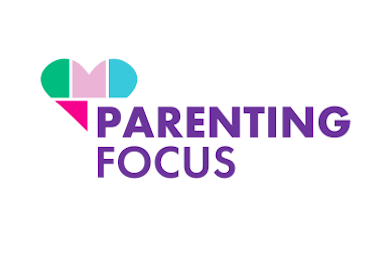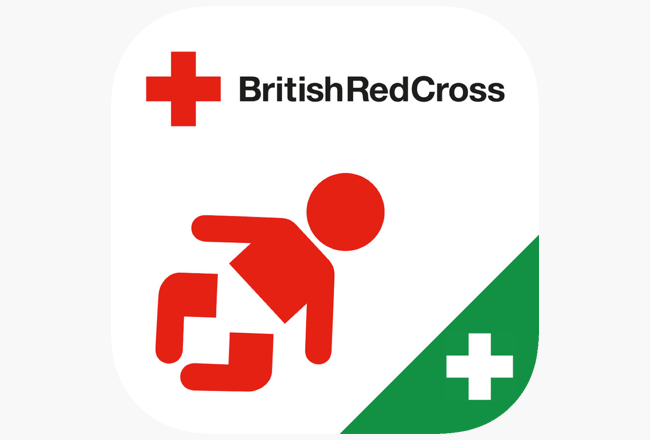Mental Health: Top Tips For Parents
Mental health affects the way we think and feel about ourselves and others, and how we respond to daily life. We can find it hard to talk about mental health but communicating and sharing feelings with our children can make all the difference.
Make yourself available
We all have busy lives and sometimes our children may feel we are too busy to chat. Make your presence known to your child and let them know you are happy to talk and listen to them about any worries they may have. You don’t need to set aside lots of time to have a chat just opening up can make a difference. Keeping it informal and taking an interest in what they are doing allows opportunities to strike up a conversation.
Notice how your child communicates in other ways
Children and teenagers express themselves in different ways not just through talking but through play, music, behaviour, body language and facial expressions. You can learn a lot about how they may be feeling by spending time with them and watching them play or engage in activities.
Talk about your day
Set time aside each day to chat to each other about your day both the good and the less positive things that happened. Try ending the day on something positive ready for the next day.
Use appropriate language
Depending on the age of the child, they may not understand the terminology associated with mental health. Children will understand the idea of feeling sad, stressed or anxious; explain that this is what is meant when we talk about mental health. For younger children, you can use face flash cards to illustrate different emotions.
Ask for help
Remember, no one has all the answers; not knowing things about mental health is OK. Don’t be afraid to ask for help from family and friends, a doctor or support organisations.
Keep an open mind
Try to avoid being critical or dismissive of children’s feelings and be accepting in order to normalise talking about mental health.





















































